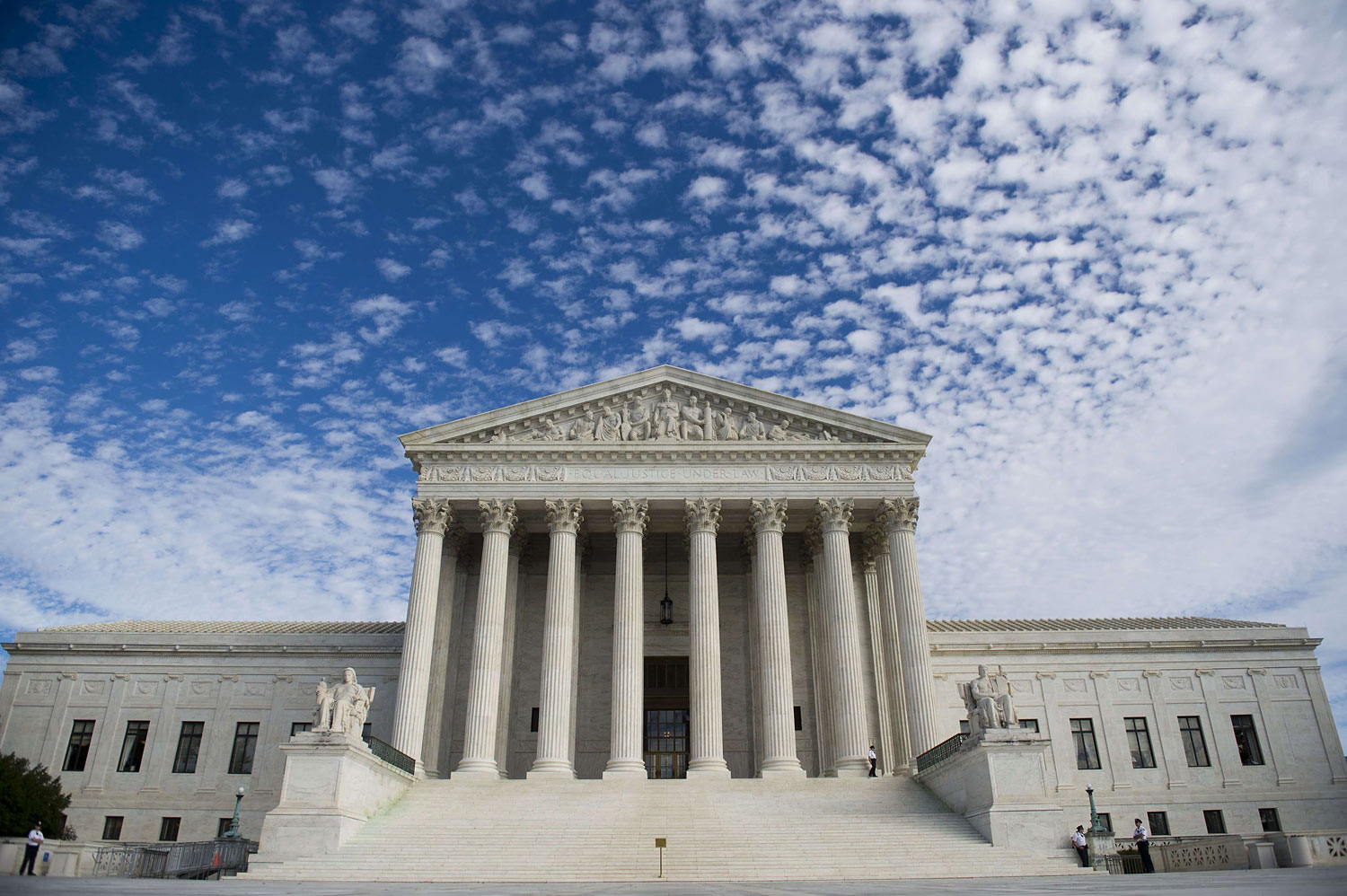
With the 2014 midterm elections fast approaching, the Supreme Court faced an urgent task on Tuesday: making it safe for America’s politicians to lie.
Ohio and 15 other states have laws trying to prevent lies during political campaigns, and by all appearances the Supreme Court can’t wait to knock them down for violating the First Amendment’s guarantees of free speech. But to their evident frustration, the Justices haven’t yet had the chance. Of the 500 or so anti-lie proceedings initiated between 2001 and 2010 under Ohio’s law, only three charges ultimately have been brought, all of them settled out of court.
So the argument at the Supreme Court on Tuesday was mostly about whether the Ohio election commission had squelched political speech in the upcoming midterm elections by finding four years ago that there was probable cause to believe the antiabortion group Susan B. Anthony (SBA) List was preparing to lie in political ads during the 2010 elections.
At this point, nobody much wants to contest whether SBA List actually was lying when it said in a proposed billboard ad that then Democratic Congressman Steven Driehaus had supported taxpayer-funded abortions by voting for Obamacare. More important is the fact that the billboard company refused to run the ad after Driehaus threatened to sue under the Ohio law.
SBA List’s lawyer, the redoubtable Michael Carvin, argued on Tuesday that the group has a right to bring a First Amendment case challenging the Ohio law now even though Driehaus dropped his threat to sue after he lost the 2010 election. Carvin said the Ohio commission’s determination of probable cause was a “credible threat” that SBA List would face punishment if they used the same campaign language against other pro-Obamacare candidates in the coming election season.
The Justices seemed inclined to agree. Antonin Scalia intoned ominously about the chilling presence of a “Ministry of Truth.” Anthony Kennedy was suspicious of the Ohio commission’s power to quiz political groups about their members and operations. Democratic appointees Stephen Breyer, Elena Kagan and Ruth Bader Ginsburg all peppered the resilient young lawyer for the state of Ohio, Eric Murphy, with questions about how the Ohio law potentially suppressed speech.
Politics has always been essentially inseparable from lies — everyone from Plato and Machiavelli to Leo Strauss and Hannah Arendt have defended the value of lying in politics — so it’s not surprising the Ohio law faces an uncertain future. If a democracy is weak enough that state officials have to take the place of voters and the press in determining whether politicians are lying, the experiment in self-government is probably in trouble.
At least that appeared to be the undertone of the arguments at the Supreme Court on Tuesday. And given the Justices’ repeated sympathies for SBA List’s arguments about the urgency presented by the coming midterm elections, a ruling in favor of the group seems likely before the court adjourns in June.
More Must-Reads from TIME
- Donald Trump Is TIME's 2024 Person of the Year
- Why We Chose Trump as Person of the Year
- Is Intermittent Fasting Good or Bad for You?
- The 100 Must-Read Books of 2024
- The 20 Best Christmas TV Episodes
- Column: If Optimism Feels Ridiculous Now, Try Hope
- The Future of Climate Action Is Trade Policy
- Merle Bombardieri Is Helping People Make the Baby Decision
Contact us at letters@time.com